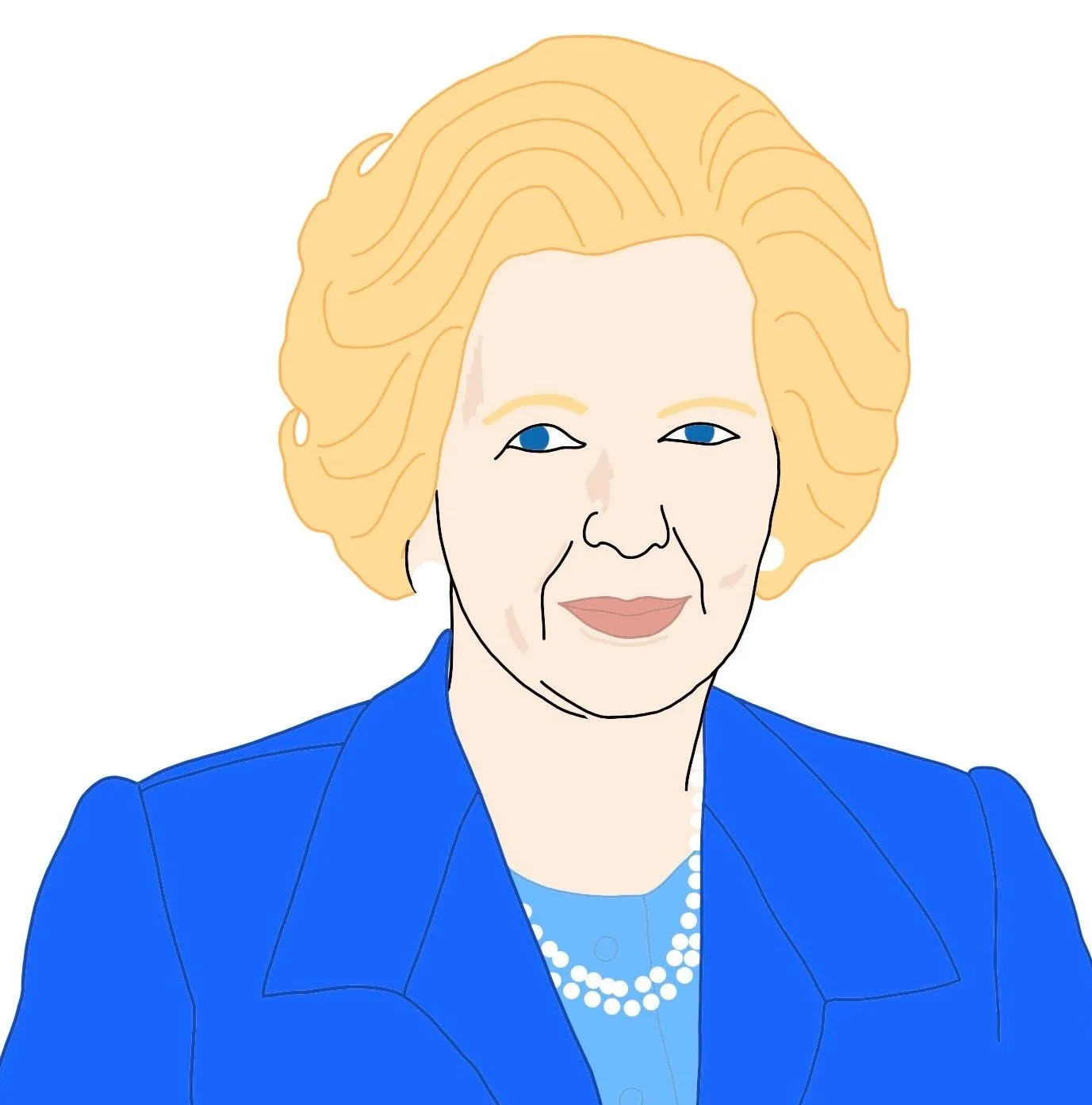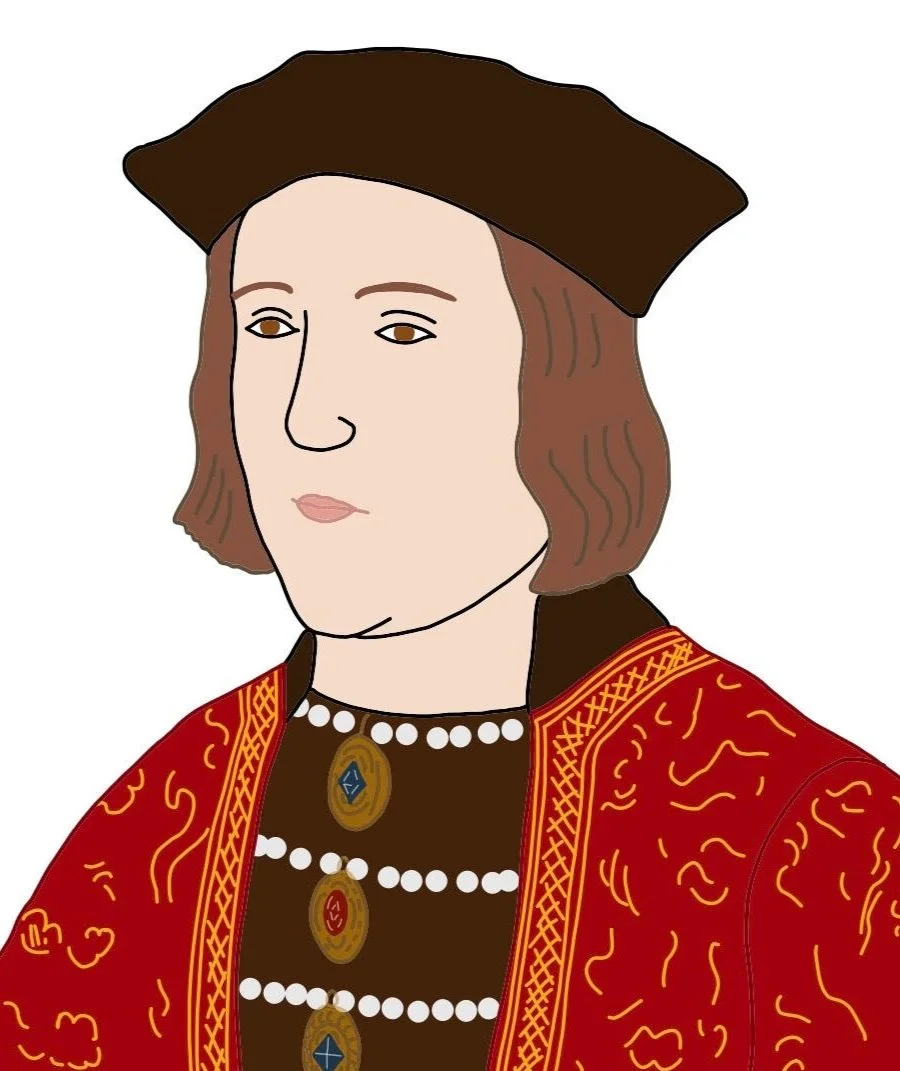April 7th - 13th
On 7th April…
1739 - In the city of York, the highwayman Dick Turpin was executed by hanging. Turpin had not always been a highwayman; he had spent most of his criminal time as part of a gang called the Gregory Gang, a group of men who terrorised Essex and other home counties by invading isolated farmhouses and torturing the occupants until they handed over their valuables. After killing a man he fled to Yorkshire and changed his name to John Palmer. He was eventually caught after his handwriting was recognised on a letter he had sent to his brother asking for help. He had been imprisoned for stealing sheep and needed his borther’s assistance - his brother had refused to pay the sixpence postage for the letter (back then you had to pay on receipt of a letter, this was before the introduction of the stamp in 1840) and when the letter was returned to the post office his former school teacher recognised the handwriting. John Palmer, in prison for sheep stealing, was identified as Dick Turpin, the man on the run for murder. He was convicted and hanged for his many crimes.
On 8th April…
563BCE - Buddha was born. Japanese Buddhists around the world celebrate this as the birthday of Buddha with parades, flowers and white elephants.
1973 - Pablo Picasso, the influential and renowned Spanish artist died.
Britain’s first female Prime Minister died
2013 - Margaret Thatcher died. She was the first female to become a British Prime Minister and also the only Prime Minister to be voted in three consecutive times in the 20th century.
On 9th April…
Coronation of King Henry V
1413 – King Henry V was crowned at Westminster Abbey. Did you know that it snowed on the day of his coronation? This was taken as a sign to mean that there were hard times ahead.
Death of Edward IV
1483 – King Edward IV died. He was King of England from 1461 – 1470 and again from 1471 – 1483. Edward was one of the two kings fighting over the crown of England during the Wars of the Roses, the other was King Henry VI. Edward IV’s son, also called Edward became, King Edward V for a short time before being deposed by his uncle Richard.
1806 - Isambard Kingdom Brunel the famous Victorian engineer was born. He is responsible for designing many bridges including the Clifton Suspension Bridge in Bristol; the Great Western Railway from London to Bristol; and three iron steam ships (the Great Western, the Great Britain and the Great Eastern) which made travelling to America a lot quicker. Instead of taking 6 weeks to sail to America it now took 15 days.
1830 - Eadweard Muybridge was born. He is famous for his pioneering photography of moving objects - his images proved that when a horse is trotting there is a moment when all four hooves are off the ground.
2005 - King Charles III married Camilla Parker-Bowles in a small ceremony at Windsor Guildhall. At the time he was still known as Prince Charles and was heir to the throne. Camilla Parker-Bowles is his second wife, Charles III was divorced from his first wife Princess Diana who was mother to their two sons Prince William and Prince Harry.
On 10th April…
1912 - The luxury ocean liner Titanic set off on her maiden voyage (her very first trip) from Southampton to New York City. The ship never reached its destination. It hit an iceberg five days later, 740 km south of Newfoundland, Canada. Only about 700 people were rescued in lifeboats whilst over 1,500 people were killed in the tragedy.
On 11th April…
1970 - Apollo 13 was launched on a mission to the moon, but when one of the gas tanks containing their vital supply of oxygen exploded it soon became a mission to save the astronauts on board and get them back to Earth.
On 12th April…
1961 - Yuri Gagarin, the Russian cosmonaut, became the first man in space and to orbit the Earth onboard his spacecraft, Vostok I.
On 13th April…
1919 - The Jallianwala Bagh Massacre also known as the Massacre of Amritsar took place in a city called Amritsar in India. The Jallianwala Bagh is an enclosed garden area close to the Golden temple complex in Amritsar. It is sealed off by walls with only one exit. Over 10,000 people had gathered there, some to celebrate the spring festival of Baisakhi and some to protest rulings enforced during World War I. In the days leading up to this moment there had been violent protests about the arrest of Indian leaders; soldiers had had to fire rounds on angry mobs that had looted and burnt buildings, severely beaten a Christian missionary, and killed several foreign nationals. On 13th April 1919, without warning, British soldiers opened fire on the gathering crowds at Jallianwala Bagh killing about 380 people and injuring over 1,000 more. Not long after this Mohandas Gandhi began his non-violent protest campaign for Indian Independence.
2003 - Paula Radcliffe set a women’s world record in the London Marathon completing the race in 2 hours 15 minutes and 25 seconds. This record has since been beaten a few times the most recent by Ruth Chepngetich who ran the Chicago Marathon in 2 hours 09 minutes and 56 seconds.


